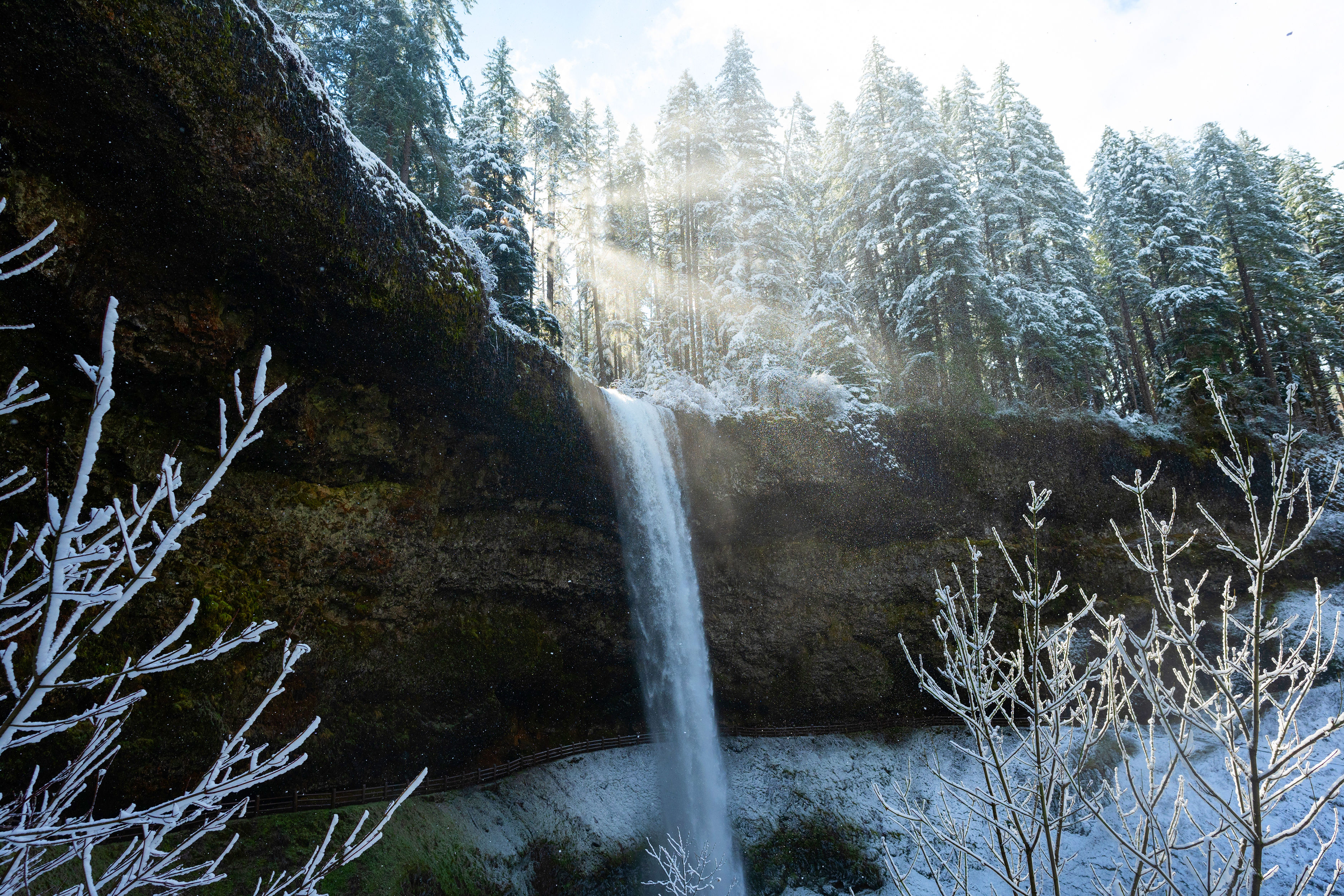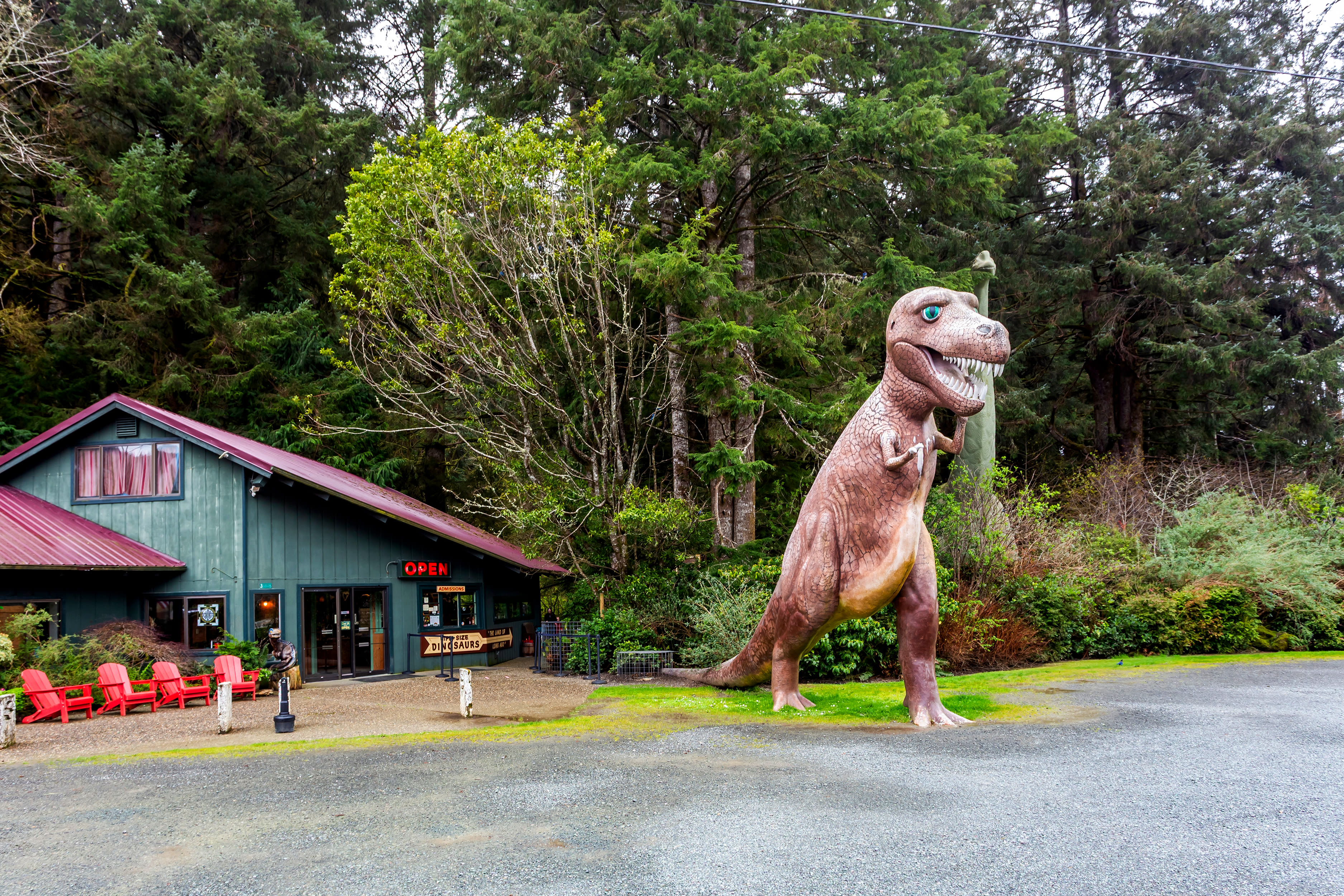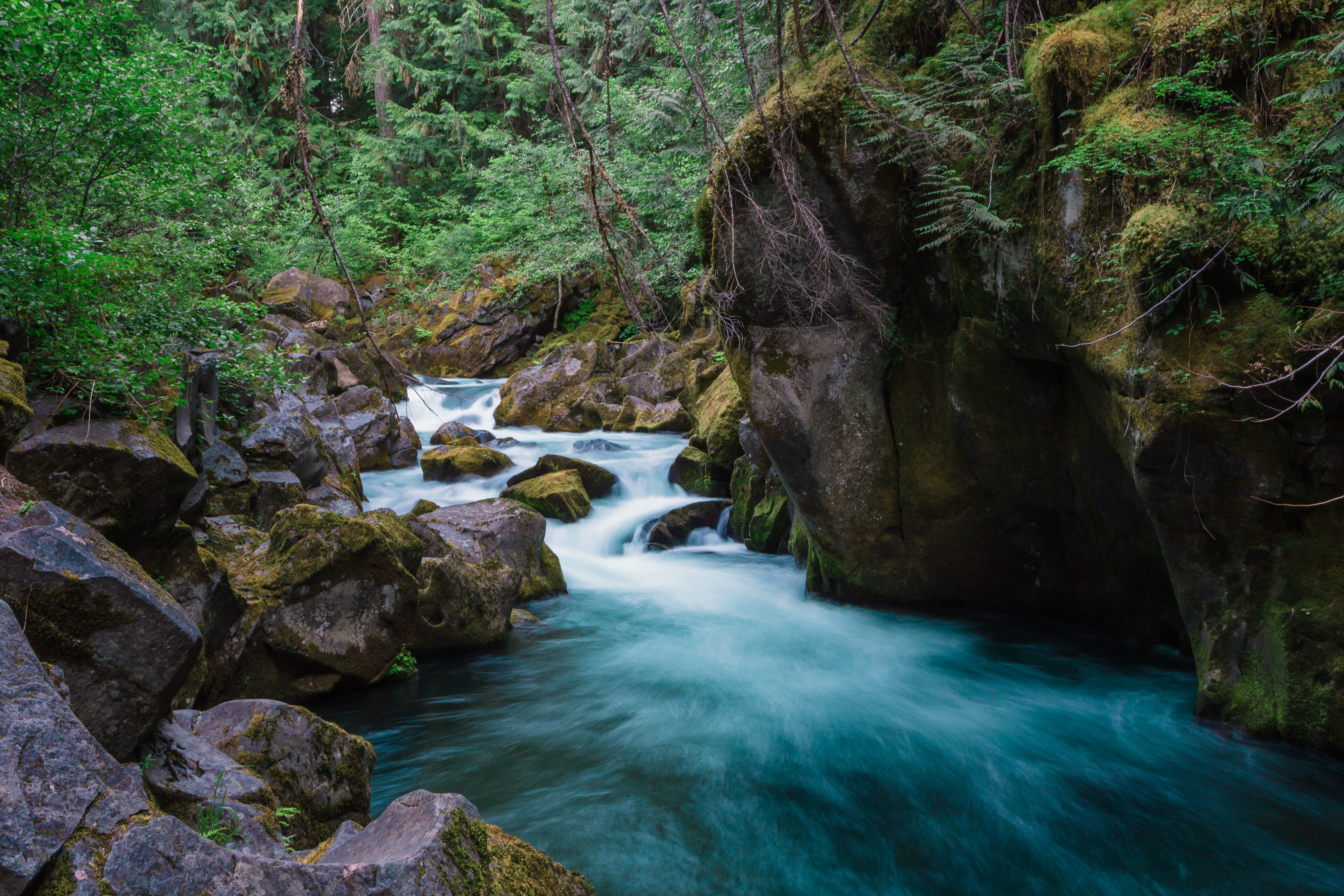New Oregon-Led Federal Bill Wants More Explorers in America's Backcountry

Table Rock Wilderness in Oregon's western Cascades.
Image: Bureau of Land Management
Seven minutes—that’s how much time the Oregon Museum of Science and Industry is reporting that Oregon youth spend outside every day. Why so little?
If you ask Oregon Sen. Ron Wyden, part of the reason may be way too much red tape. Last Thursday, March 17, Wyden introduced the Recreation Not Red-Tape Act in the U.S. Senate. Outdoor recreation is “in our DNA,” Wyden told the Oregonian. It’s just all that messy “red tape” keeping us from more jobs and the great outdoors.
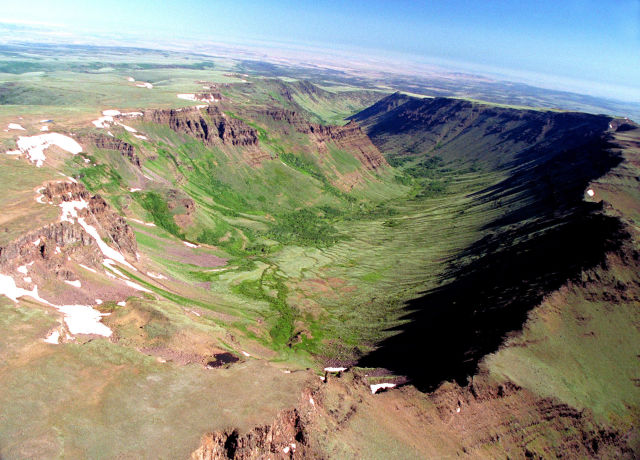
Stevens Mountain.
Image: Bureau of Land Management
Though the bill aims to connect Americans with remote wilderness areas nationwide, Oregon's got a definite stake in this fight, and not just because Wyden, along with Rep. Earl Blumenauer, is leading the rally. According to the most recent survey by the National Association of State Park Directors, Oregon ranks first in the country for frequency of park use with an estimated 458 visitors per acre of park land.
So why, exactly, does Wyden want even more foot traffic in Oregon’s natural areas?
It all comes down to under-visited wilderness areas, rather than the bustling national parks. Say you want to plan a trip to Hells Canyon, the Mt. Hood backcountry, or Steens Mountain. For those unfamiliar with the forms, recreational permit applications can be confusing to complete. And once submitted, recreational permits are currently prioritized behind all applications related to timber and mining.
Sen. Wyden says the new act will streamline the process, thus unleashing new revenue channels for smaller Oregon towns in the form of such tourism-related business as river guides, remote restaurants, and gear suppliers.
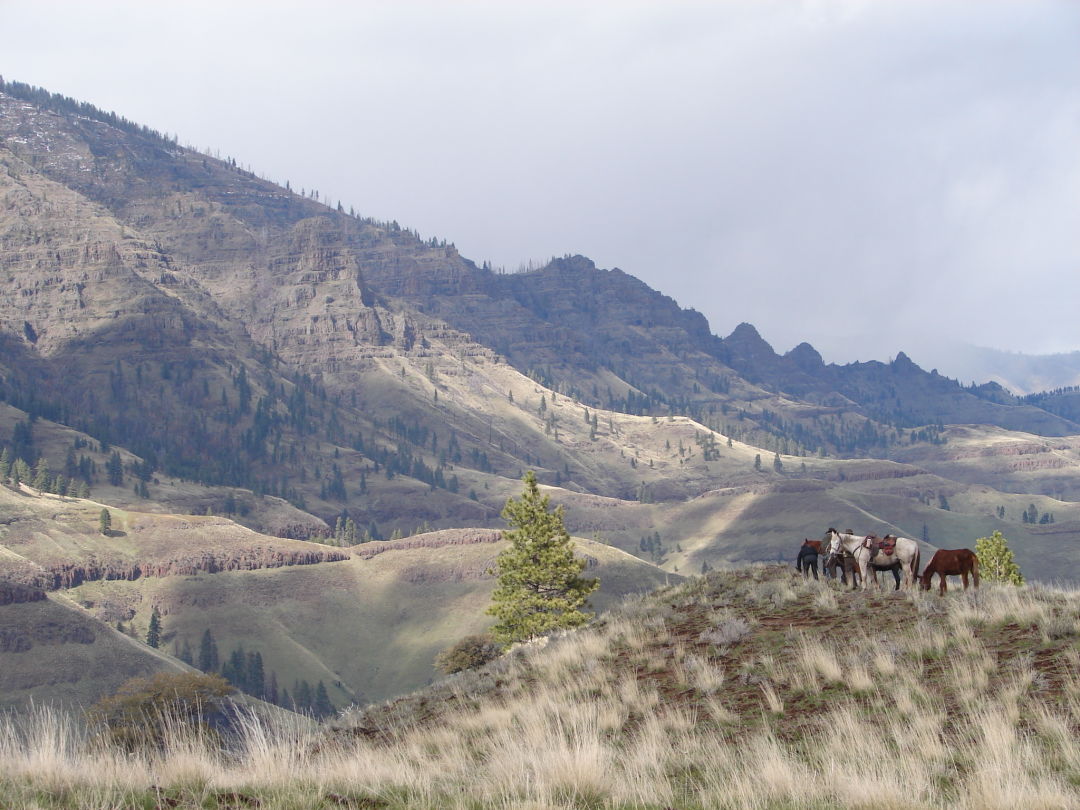
Oregon's majestic backcountry—not just for horses?
Image: Bureau of Land Management
What else does the bill set out? In addition to the simplified permitting process, there are measures to get students, veterans, and senior citizens outside, including free America the Beautiful passes distributed to schools that serve low-income students and their families, and granting active-duty service members time outdoors without sapping their leave. There are already a number of activities provided by the Oregon State Park system, but the bill would seek to increase those available to senior citizens—like bird watching and guided nature walks.
If successful, the bill could bolster the economies of small towns and get more Oregonians’ feet muddy. But could the invitation to greater human traffic be irresponsible, or even dangerous? Momentum River Expeditions' Peter Wallstrom argues just the opposite.
“I’ve traveled around the world doing outdoor stuff, and the wild areas out there that people think of—Patagonia, for example—they’re not protected," he says. "Wilderness preservation makes me about as patriotic as I get. Nobody’s done what we’ve done as far as protecting wilderness: it’s something that is uniquely American.”
Why believe someone with a financial stake in the bill's passage? Says Wallstrom: “Nobody is going to vote to protect the outdoors if they don’t see it or feel it. The more people you get outside, the more advocates you have in the future to protect these places. There’s obviously a limit—you don’t want to hurt the place by loving it too much. But we’re far away from that.”
